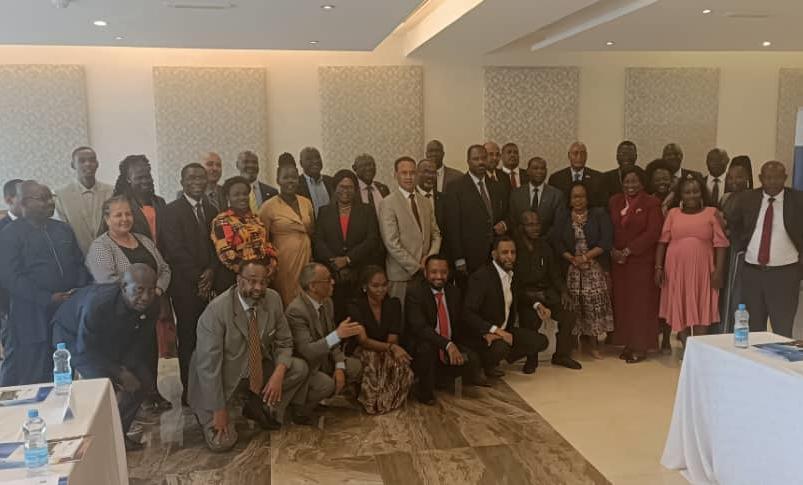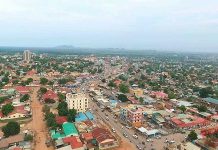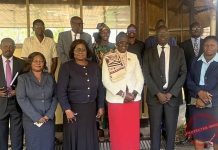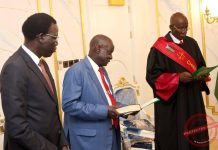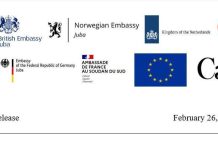Matia Samuel
Africa-Press – South-Sudan. The delegates to the assessment, resilience and recovery action plan 2023–2028 conference appealed for urgent implementation of humanitarian, social protection, and recovery assistance.
They said any delay may affect the processes already made in other chapters of the peace agreement related to peace and security and the national election process.
The assessment estimated that 9.4 million people in South Sudan will need humanitarian assistance in 2023, a staggering 76 per cent of South Sudan’s population, an increase of 500,000 people from 2022. At least 148,000 returnees from abroad remained displaced within the country, unable to reach their homes.
“The crisis is largely driven by compounded shocks triggered by continued conflict, widespread flooding, deepening food insecurity, inflation, high food prices and lack of access to basic services,” the report read in part.
It stated that these in turn have a severe impact on people’s livelihoods and hamper access to education, water, sanitation, hygiene and health services. Protection concerns remain high, especially for women, the report added.
To address the negative effects of war in Sudan on the people and welfare of South Sudanese, the government needs to support the dignified voluntary return of South Sudanese refugees from the neighbouring countries for resettlement, integration and recovery.
Also, the report recommended pursuing initiatives to address key drivers of conflict and insecurity at community levels using community-driven approaches.
“Subnational violence and insecurity continue to uproot South Sudanese people while the permanent ceasefire is largely holding, clashes with the non-signatories of the peace agreement continue in certain parts of the country with large civilian casualties,” it noted.
The South Sudan Needs Assessment, Resilience and Recovery Action Plan 2023-2028 is in line with Chapter 3 in the Revitalised Agreement on the Resolution of the Conflict in the Republic of South Sudan (R–ARCSS).
Chapter 3 stipulates that the parties “will create an enabling political, administrative, operational and legal environment for the delivery of humanitarian assistance and protection during and throughout the pre–pre-transitional and Transitional Period and during the transition.”
It further adds that the RTGoNU will establish a Special Reconstruction Fund (SRF), overseen by a 30–member board comprising membership drawn from the RTGoNU and international partners and friends of South Sudan.
On Wednesday, the government of South Sudan, in collaboration with the Intergovernmental Authority on Development (IGAD) and the African Union, kicked off a three-day validation workshop on the post-conflict needs assessment, Resilience and Recovery Action Plan 2023-2028 in Juba.
Source: The City Review South Sudan
For More News And Analysis About South-Sudan Follow Africa-Press

